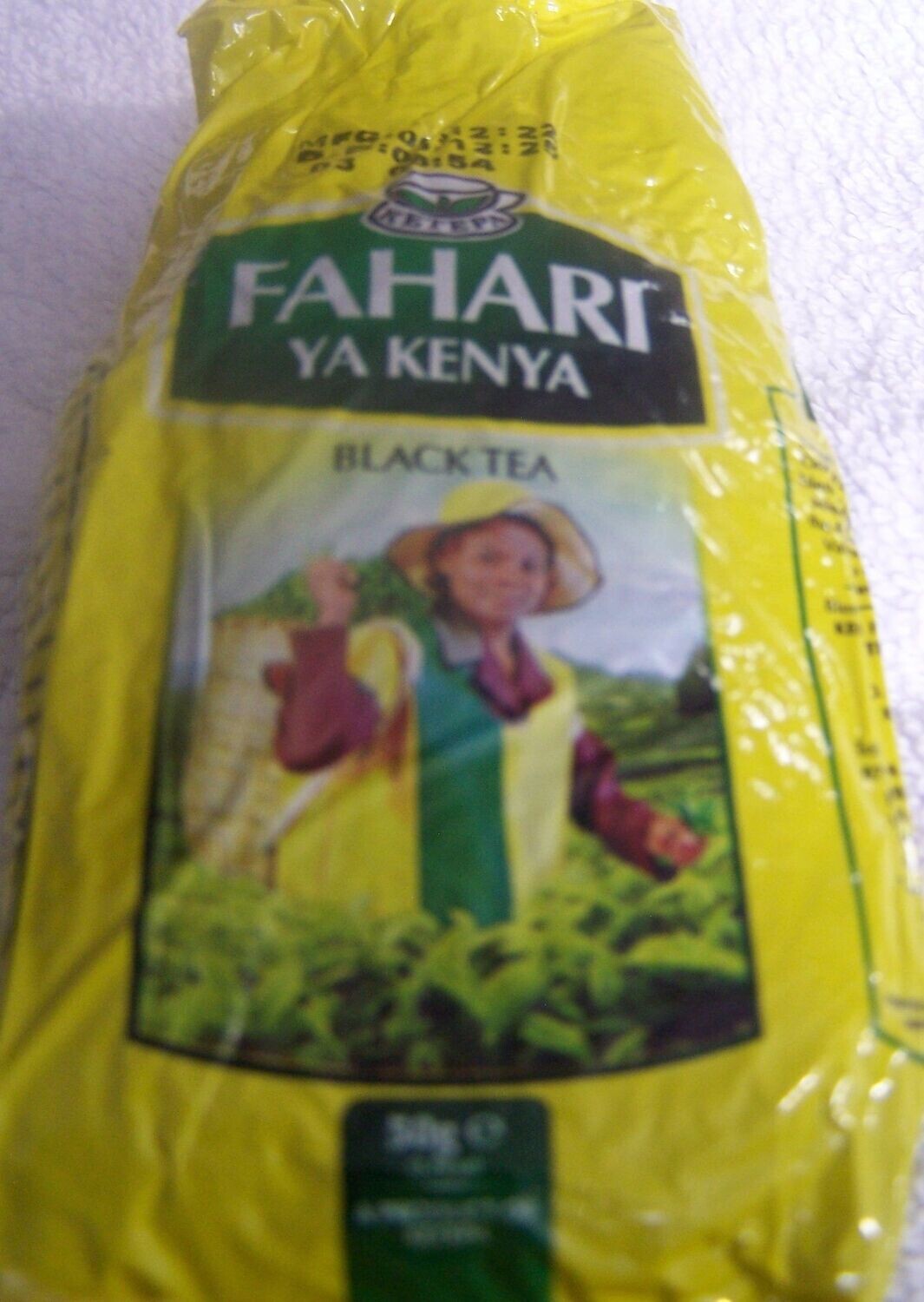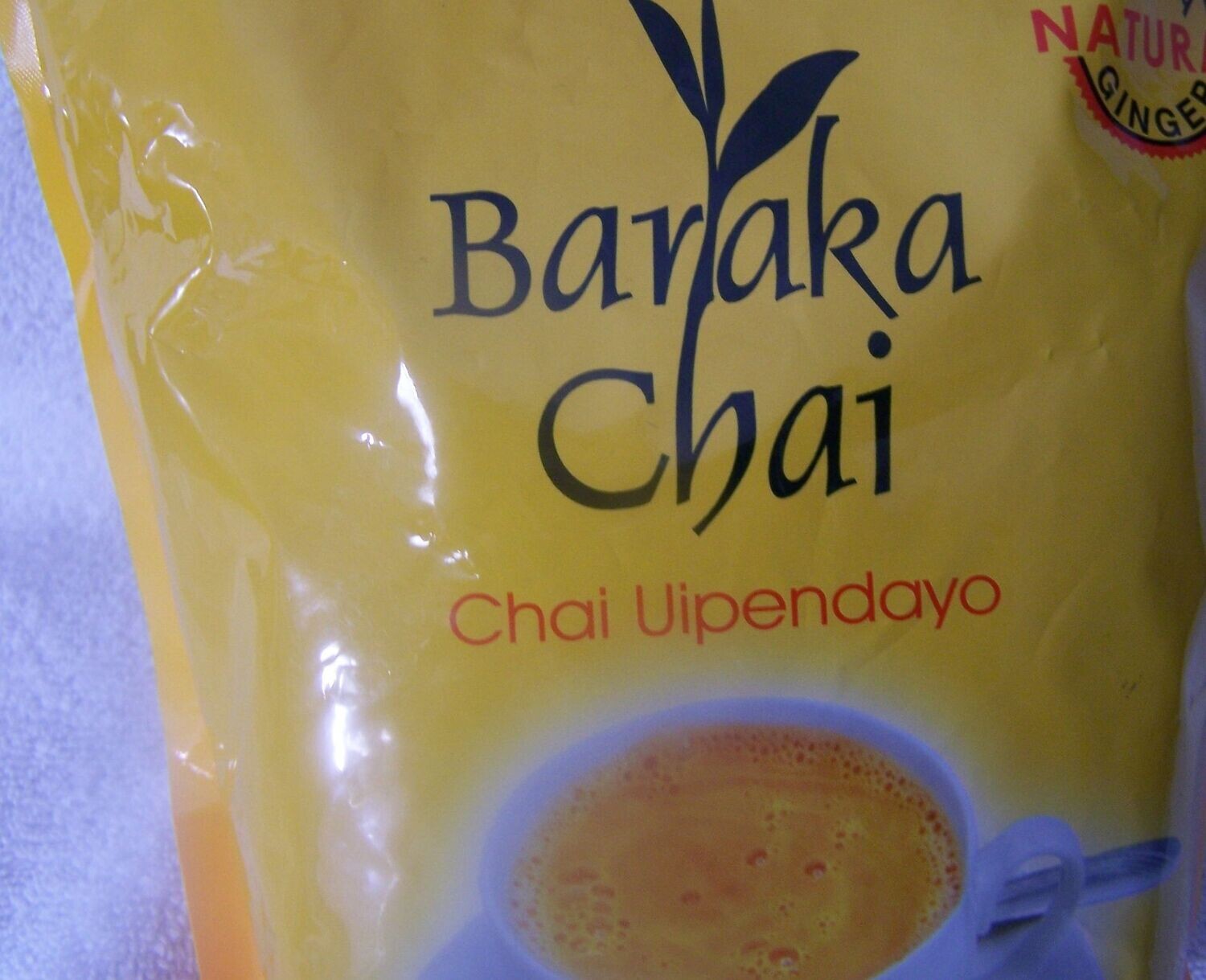call us : (603) 521-7180
-
Tenzi za Rohoni
Button -
The Lions Children's Bible
Button -
Uvoro Mwaro Kuri Andu Onthe: Embu Bible
Button -
Mitha Mugikuyu na Nyimbo Ciake
Button -
Biblia: Swahili Bible
Button -
Pipilia: Pokoot Bible
Button -
Iuku Ria Murungu: Meru Bible
Button -
Ibuku Ria Thara
Button -
Ibuku Ria Mahoya
Button -
Nyimbo Njeru cia Mitha Mugikuyu
Button -
Nyimbo Cia Kuguna Maroho
Button -
Nyimbo Standard
Button -
Nyimbo Cia Guchanjamura Ngoro
Button -
Sifuni Bwana
Button -
Mbivilia: Kaamba Bible
Button -
Wende Injili
Button -
Biblia Sinyati: Maasai Bible
Button -
Fahari ya Kenya - Black Tea
Button -
Eden Tea: The Finest Garden Tea
Button -
Melvins Pure Kenya Chai: Black Tea
Button -
Nyimbo za Injili
Button -
A Standard English Swahili Dictionary
Button -
A Standard Swahili English Dictionary
Button -
Sehemu za Biblia Kwa watoto
Button -
Swahili English Bible: New Testament
Button -
50g Dormans Supreme Granulated Instant Coffee
Button -
50g Kenya Highlands Pure Instant Coffee
Button -
50g Sasini Instant Coffee
Button
Categories
Categories
Kimaasai Language, Customs and Traditions
The Maasai are a Nilotic ethnic group inhabiting northern, central and southern Kenya and northern Tanzania. They are among the best-known local populations internationally due to their residence near the many game parks of the African Great Lakes and their distinctive customs and dress. The Maasai speak the Maa language (ɔl Maa), a member of the Nilotic language family that is related to the Dinka, Kalenjin and Nuer languages. Except for some elders living in rural areas, most Maasai people speak the official languages of Kenya and Tanzania, Swahili and English. The Maasai population has been reported as numbering 1,189,522 in Kenya in the 2019 census, compared to 377,089 in the 1989 census, though many Maasai view the census as government meddling and therefore either refuse to participate or actively provide false information. Many Maasai tribes throughout Tanzania and Kenya welcome visitors to their villages to experience their culture, traditions, and lifestyle, in return for a fee.
The Maasai inhabit the African Great Lakes region and arrived via South Sudan. Most Nilotic speakers in the area, including the Maasai, the Turkana and the Kalenjin, are pastoralists and are famous for their fearsome reputations as warriors and cattle rustlers. The Maasai and other groups in East Africa have adopted customs and practices from neighboring Cushitic-speaking groups, including the age-set system of social organization, circumcision, and vocabulary terms.
Featured Products
Search here
Your Cart Content
-
Melvins Masala Chai 250g
SKU 6161102040753$19.95Buy Now -
Melvins Tangawizi Chai 250g
SKU 6161102040210$34.95Buy Now -
Melvins Pure Kenya Chai - Black Tea 250g
SKU 6161102040883$14.95Buy Now -
Eden Tea - The Finest Garden Tea 500g
SKU 6161102750003$39.95Buy Now -
Eden Tea - The Finest Garden Tea 250g
SKU 6161102750027$19.95Buy Now -
FAHARI YA KENYA - BLACK TEA 250g
SKU 600-962-97-200-03$12.45Buy Now -
FAHARI YA KENYA - BLACK TEA 500G
SKU 6009629720003$24.95Buy Now -
FAHARI YA KENYA - BLACK TEA 100g
SKU 6009629720065$9.95Buy Now -
FAHARI YA KENYA - BLACK TEA 50g
SKU 6009629720072$7.95Buy Now -
FAHARI YA KENYA - MASALA TEA 250g
SKU 6161100931305$19.95Buy Now -
FAHARI YA KENYA - MASALA TEA 100g
SKU 6161100931299$12.95Buy Now -
FAHARI YA KENYA - TANGAWIZI TEA 100g
SKU 61611009303384$12.95Buy Now -
Melvins Pure Kenya Chai - Black Tea Plus Free Tangawizi Sample 500g
SKU 6161102041156$29.95Buy Now -
Sasini Gold Tea 500g
SKU 6164000767128$39.95Buy Now -
Baraka Chai Tangawizi (Ginger Tea) 500g
SKU 6161101860369$29.95Buy Now -
KETEPA PRIDE BLACK TEA; KENYA'S FINEST TEA BAGS 100 TEA BAGS
SKU 6009629720164$14.95Buy Now -
Kericho Gold Pure Kenya Tea 100 Refreshing Tea Bags
SKU 6161101860079$14.95Buy Now -
Baraka Chai Tangawizi (Ginger Tea) 100g
SKU 6161101860383$7.95Buy Now






























































